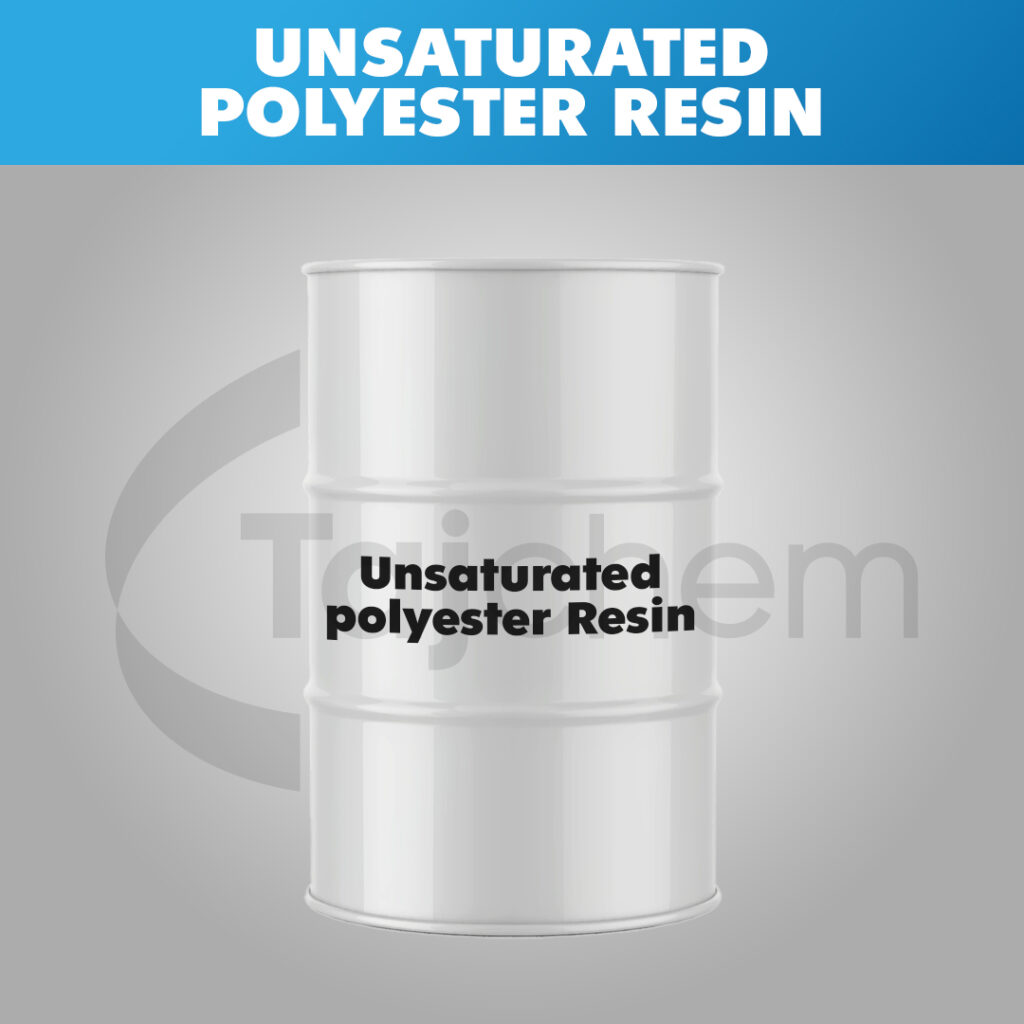Unsaturated Polyester Resin
Products . Paint & Coatings . Unsaturated Polyester Resin

Unsaturated Polyester Resin
Note: For detailed product specifications, Technical Data Sheets (TDS), HS Codes, and pricing information, please contact us. Our dedicated team of experts will be pleased to assist you with your inquiry.
Product Description:
Unsaturated polyester resin (UPR) is a versatile thermosetting polymer widely used in various industries due to its excellent mechanical properties, chemical resistance, and ease of processing. It’s formed by reacting polyols with saturated and unsaturated dibasic acids. UPR is commonly used as a matrix material in fiber-reinforced plastics (FRP) like fiberglass reinforced plastics (GRP) for applications such as pipes, tanks, and construction materials.
Benefits:
- Mechanical Strength: UPRs exhibit good tensile and bending strength, impact resistance, and durability, making them suitable for structural applications.
- Chemical Resistance: They offer resistance to corrosion, chemicals, and moisture, making them ideal for use in harsh environments.
- Versatility: Unsaturated polyester resin can be tailored with different monomers and curing agents to modify their properties for specific applications.
- Processing Ease: UPRs can be easily processed using various techniques like hand lay-up, spray-up, resin transfer molding (RTM), and pultrusion.
- Curing: UPRs are cured using a catalyst, typically a peroxide, which initiates a crosslinking reaction, transforming the liquid resin into a solid, thermoset material.
- Wide Range of Applications: Unsaturated polyester resin are used in diverse sectors, including construction, automotive, marine, aerospace, and electrical industries.
Properties:
- Fiberglass Reinforced Plastics (FRP): UPRs serve as the matrix material for FRP, providing strength and durability to products like boats, car parts, and construction panels.
- Construction: Used in pipes, tanks, ducts, and various building components due to its strength and chemical resistance.
- Marine Industry: Widely used in building boats, marine coatings, and other applications requiring water resistance.
- Automotive Industry: Employed in the production of body panels, interior components, and other parts due to its lightweight and strength properties.
- Electrical Industry: Used in electrical housings, insulators, and other components requiring electrical insulation and mechanical strength.
